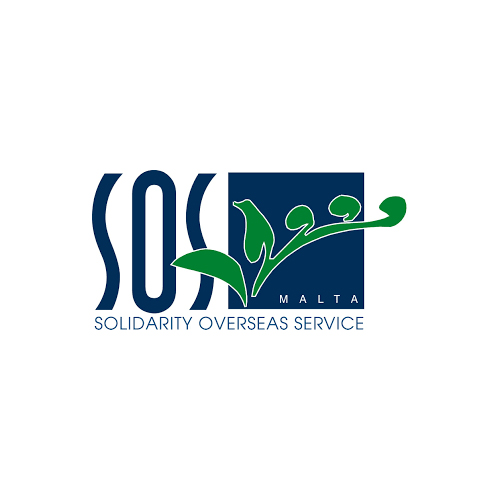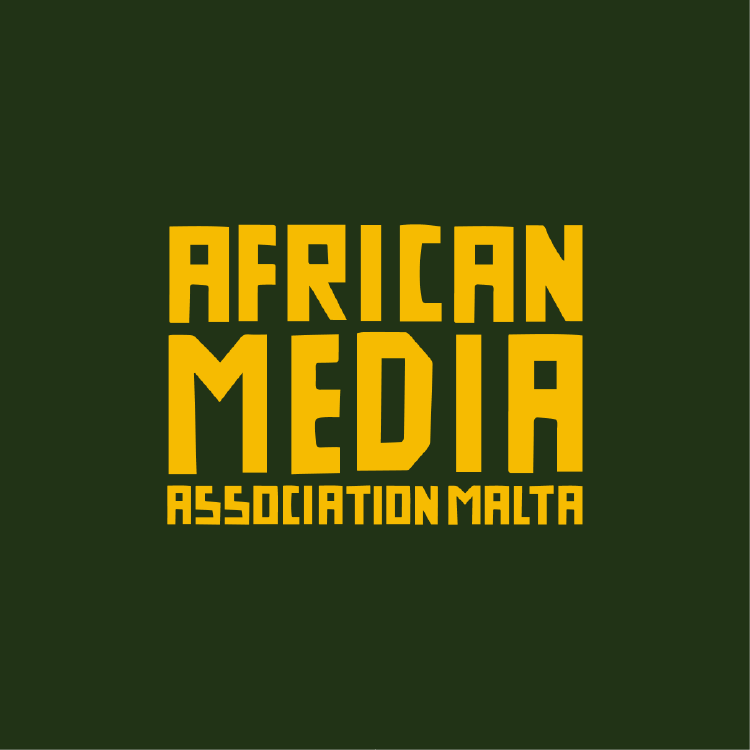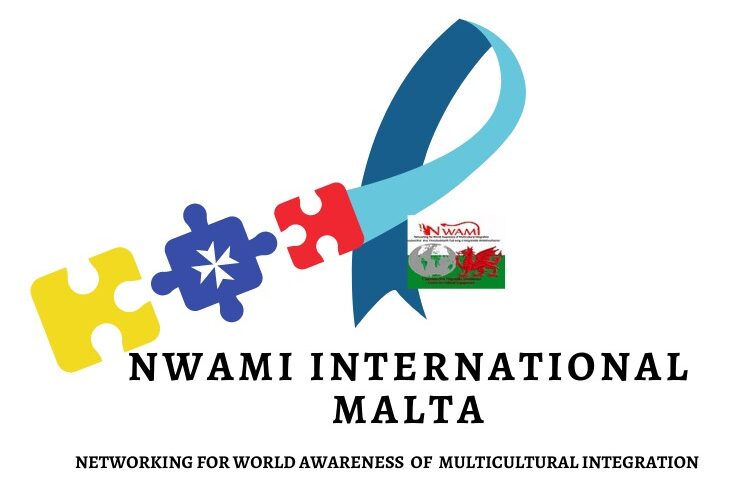
Stakeholder Action Roundtable: Addressing Four Areas of Concern
The purpose of this working roundtable was to examine one-sided or incomplete stories on the writing of policies, the management of communities and on the dissemination of public information, social media and blogging and to explore effective ways to counteract social exclusion, discrimination and hate speech. This working session brought together a total of 12 stakeholders including the below mentioned representatives from the offices of authority in Malta to share their views on issues with regards to the setting of priorities, the identification of gaps and discuss possible steps forward to identify social stereotypes created through and maintained by, a ‘single story mindset’ in their specific sector:
- CEO of the Institute of Taxation
- Education Officer
- Migrant Commission Head of Programmes
- RMHC Malta Executive Director
- COO Spring Production International TV Producer
Key Findings
Through the Stakeholder Action Roundtable, several key findings emerged, revealing the need for improved collaboration among stakeholders to address pressing social challenges and the importance of integrating sustainable practices into policy frameworks for long-term impact.
Main Narrative
The roundtable discussions shed light on the prevailing narratives that contribute to social exclusion. These narratives include concerns about invasion by foreigners, job theft, loss of national identity, becoming a foreigner in one’s own country, financial burden on the state and national security.
Gaps
Stakeholders identified critical gaps within their respective sectors that perpetuate discriminatory narratives. These gaps include the lack of networks for migrants, questioning the feasibility of job theft; limited knowledge among migrants arriving in Malta through the sea; incomplete stories propagated by the media, catering to popular opinions; and the absence of migrant voices in newsrooms, hindering a comprehensive understanding of their experiences.
Needs
The stakeholders highlighted specific needs within their sectors to promote inclusivity and address social exclusion. These needs encompassed the inclusion of migrant communities, addressing disability across cultures, promoting gender equality, establishing a Commission for Media to guide the portrayal of migrant lives, media literacy and education in classrooms, human rights training for media professionals and the development of a national policy for inclusion.
Stakeholder’s Recommendations
Based on the stakeholders’ collective insights, they proposed the following recommendations:
Inclusive Policies
Policymakers should recognise the gaps and misconceptions in prevailing narratives, focusing on promoting inclusivity and countering discrimination. We recommend developing policies that facilitate the inclusion of migrant communities, address disability across cultures and promote gender equality, including increased representation of women in parliament.
Media and Communication
To ensure accurate and inclusive representation, we recommend establishing a Commission for Media that provides guidance on portraying migrant lives and experiences. Additionally, promoting media literacy and education in classrooms will foster critical thinking and awareness among the public.
Human rights training programmes
Human rights training programmes or media professionals should be implemented to enhance their understanding of diverse perspectives.


